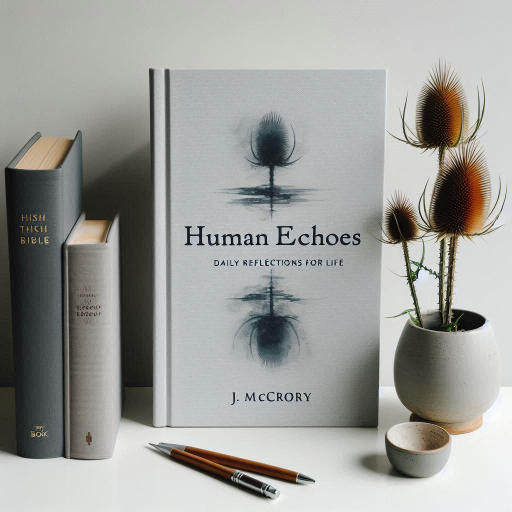"Your kingdom come, Your will be done, on earth as it is in heaven." — Matthew 6:10 (BSB).
There’s a beautiful Nigerian word, Ubuntu, that captures something we all deeply need: connection. It means, “I am because we are.” It’s the idea that our humanity is bound up in one another, that life is better when we’re connected and caring for each other. But as I look around today, I can’t help but wonder: where has Ubuntu gone? Families feel more fractured, friendships thinner, and nations more divided than ever. What’s happened to the glue that holds us together?
Let’s talk about it.

Image generated with the assistance of Microsoft Copilot
You don’t have to look far to see how much the world has changed. Time was, life revolved around the community—families, villages, neighbours who leaned on each other. Today, it feels like everyone’s running their own race. "Look out for number one" has replaced "How can I help?" We’ve shifted from thinking about “we” to focusing on “me.”
A lot of this comes from the push toward individualism. Now, don’t get me wrong—there’s something beautiful about being able to stand on your own feet and make your own choices. But when that becomes the priority, it’s easy to lose sight of the bigger picture. We forget how much we need each other.
Think about how much technology has changed our lives. We’ve never been more connected, at least on the surface. You can send a message across the world in seconds, share a photo, or video call someone continents away. And yet, we’re lonelier than ever.
Why? Because scrolling through social media isn’t the same as sitting across the table from someone. Likes and comments can’t replace a hug or the sound of laughter in the same room. Technology is a tool, but it’s also a trap—it’s easy to get so caught up in it that we forget how to truly connect.
Then there’s the way work and money pull us apart. These days, people move across the country—or the world—for jobs, leaving family and friends behind. It’s great to have opportunities, but it comes at a cost. You can’t pop by your parents’ house for dinner if they’re on one side of the globe and you’re on the other.
And let’s not forget the stress that comes with trying to make ends meet. When you’re working two jobs or worrying about bills, there’s little time left for meaningful relationships. Money problems have a way of driving wedges between people, whether it’s couples, families, or whole communities.
Remember when extended families lived close together, or when neighbourhoods felt like little villages? That’s becoming rare. Divorce rates are up, families are spread thin, and many people don’t even know their neighbours’ names.
Churches and community groups, which used to be places where people came together, are shrinking in many parts of the world. We’ve traded these deep-rooted connections for more surface-level ones, often built around shared interests rather than shared lives.
And then there’s the elephant in the room: politics. It feels like the world has become one big shouting match, with people taking sides and refusing to listen to anyone who disagrees. Social media only makes it worse, feeding us opinions that match our own and making “the other side” seem like enemies.
On a global scale, nationalism is on the rise. Instead of coming together to tackle big issues—climate change, poverty, pandemics—we’re retreating behind borders, focusing on “us” and “them.” It’s hard to feel connected to the wider world when the message is all about division.
So, where do we go from here? Is it possible to rebuild what we’ve lost? I think so. But it’s going to take effort.
We need to start small, with the people around us. Check in on a neighbour. Call an old friend. Spend time with family—not just on holidays, but regularly. It’s these little things that rebuild the connections we’ve let slip away.
We also need to rethink how we use technology. Instead of letting it replace real relationships, we can use it to enhance them—planning meetups, sharing moments, and staying in touch when distance keeps us apart.
And maybe we need to slow down. Life moves fast, but relationships take time. It’s okay to stop chasing the next big thing and focus on the people right in front of you.
Ubuntu reminds us that none of us can truly thrive alone. We’re at our best when we’re together, supporting each other, and looking out for the greater good. The world might feel fractured now, but if we each do our part—if we each live like we believe, “I am because we are”—we can start to put the pieces back together.
It’s not too late to reconnect. The question is: will we? We are reminded that,
"Two are better than one, because they have a good return for their labor. For if one falls down, his companion can lift him up; but pity the one who falls without another to help him up!"
Ecclesiastes 4: 9 (BSB).